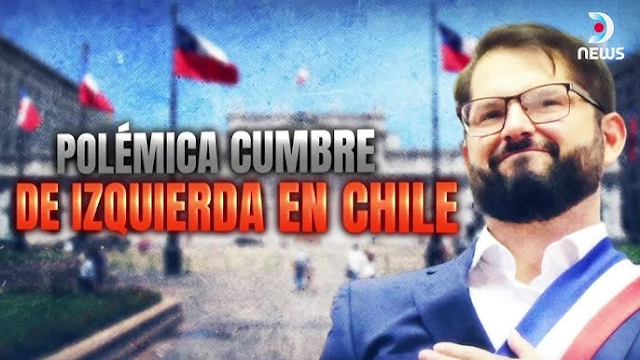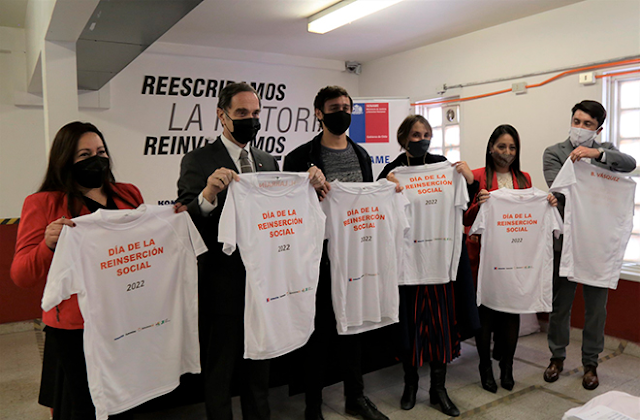Freedom of expression is a cornerstone of any real democracy. Without it, there is no debate, no legitimate opposition, no free press, and no real citizen participation. Regulating what can or cannot be said on social media may mark the beginning of a dangerous road toward silencing dissenting voices. Who decides what is true? Who gets to silence opinions? And what happens when that power shifts?
Every government elected by the people must be accountable to the people. The people are the sovereign, the true authority. That relationship cannot be reversed. A government’s job is not to protect itself from its citizens—it exists to serve them. Citizens should not be controlled—they must be empowered. In a democracy, the people do not answer to their rulers; it’s the rulers who must answer to the people.
And this leads us to an uncomfortable truth across Latin America: many of our congresses no longer represent the people—they protect themselves. Why do we elect legislators if not to defend the public interest? Yet many members of parliament are under criminal investigation, face corruption charges, or have serious conflicts of interest. How can they legislate for the people if they’re more concerned with avoiding prosecution? How can they hold the Executive branch accountable if they rely on it to stay protected?

In such scenarios, it’s not uncommon for lawmakers to align with the government—not out of conviction, but out of fear or self-interest. This weakens the separation of powers—and with it, democracy itself.
Of course, no one defends hate speech or lies. But the legal tools to address those already exist. If someone feels defamed or harmed, they can go to court. If a post violates the law, governments have the right to request its removal through legal channels. But no democratic government should ever place itself above the people and decide in advance what may or may not be said.
In the name of “protecting democracy,” democracy itself can be destroyed. Latin America has seen too many times what happens when governments accumulate unchecked power in the name of the people. We don’t want new Venezuelas or authoritarian regimes disguised as social justice. We want societies where every citizen has the right to speak, to disagree, and to fully participate in public life—without fear, and without censorship.
We are not cattle. We are free, thinking, conscious citizens. We want full freedom of expression—no prior censorship, no official truths imposed from above. And if someone lies, let them face justice—not a government-run censorship board.
True democracy does not fear freedom. It celebrates it, defends it, and respects it.



















